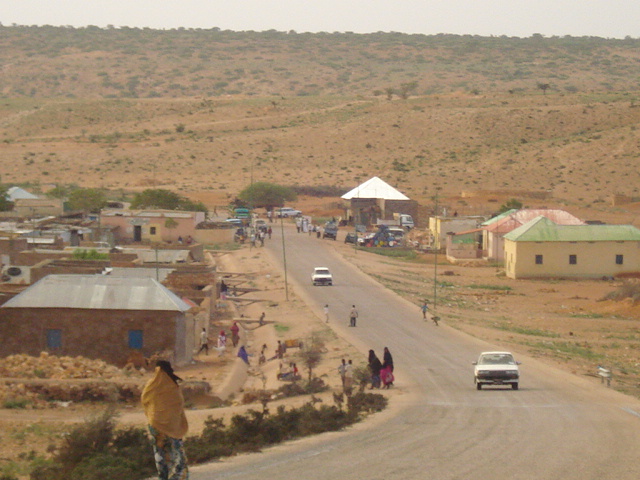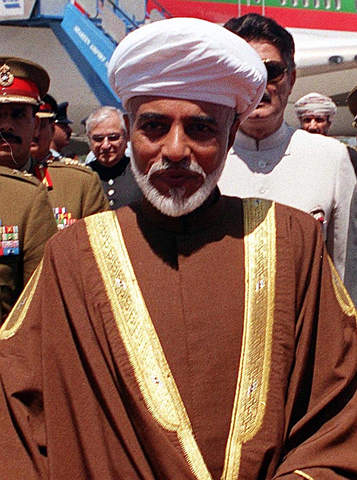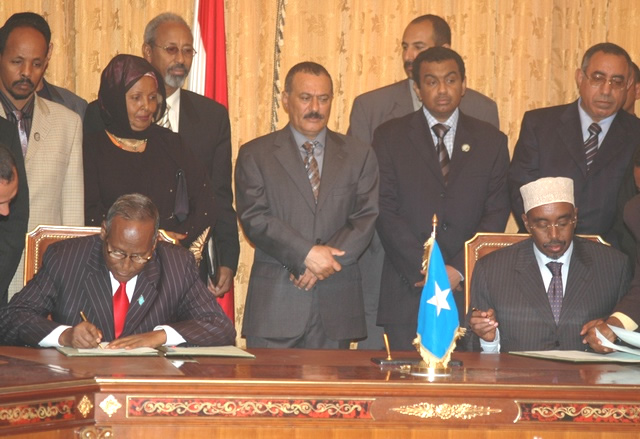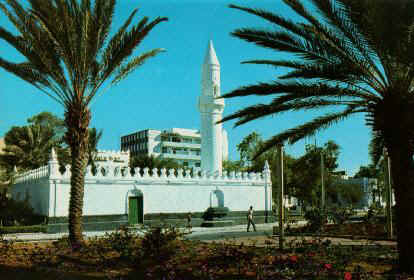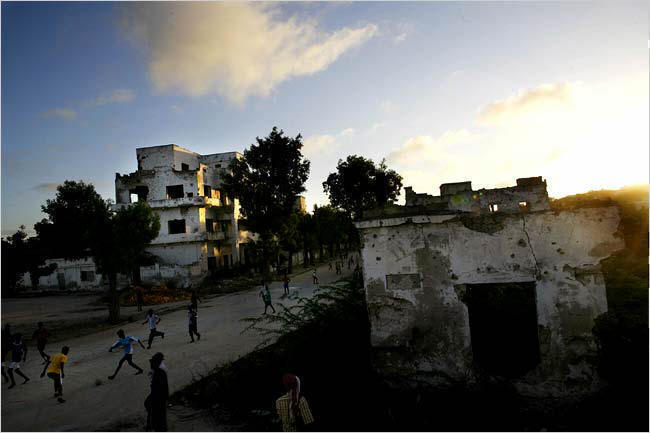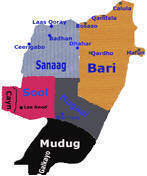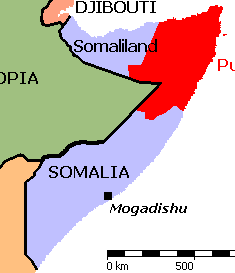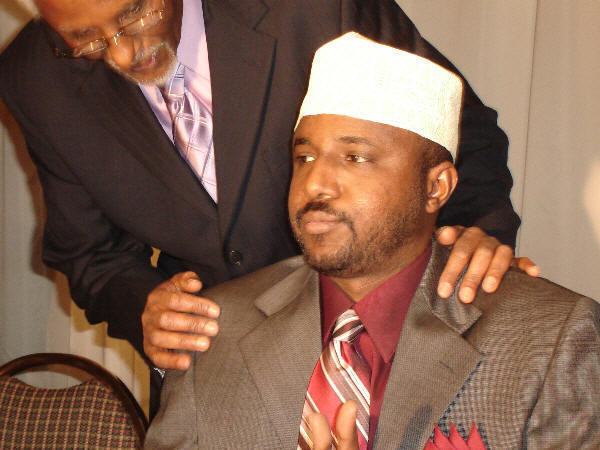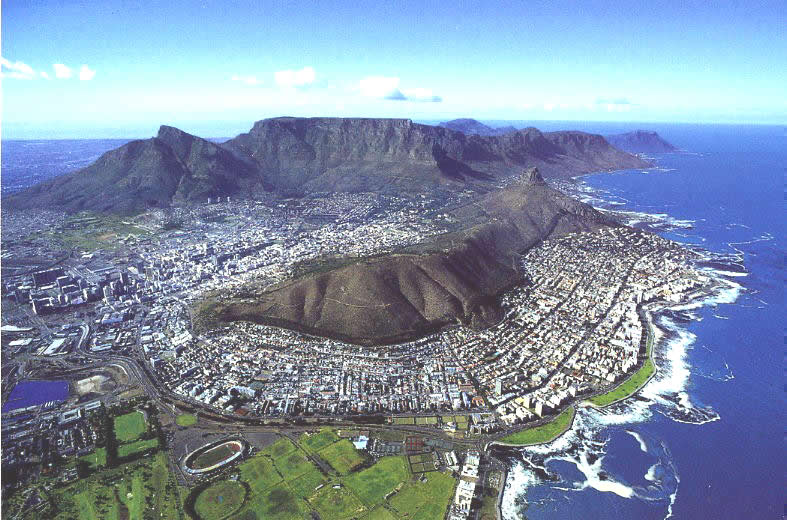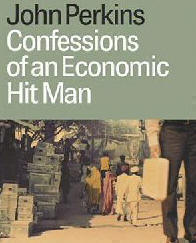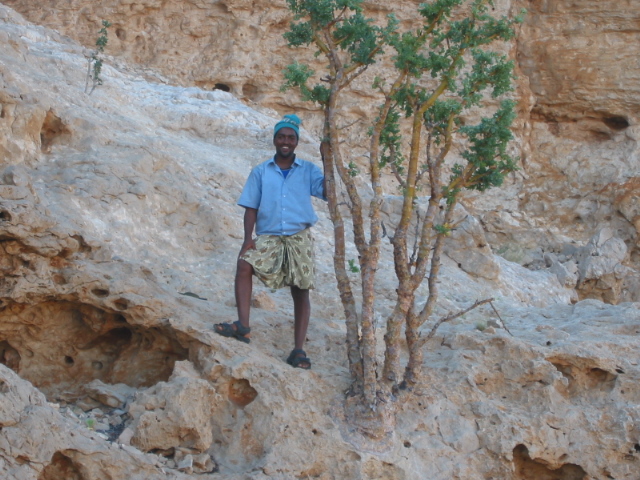
`Calls for violence are too strong` for some young expats --- SOMALI TERROR PLOT
Drew Warne-Smith, Stuart Rintoul
The Australian
August 05, 2009
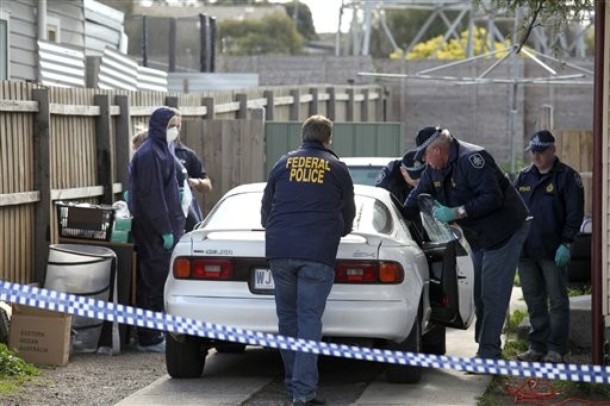
Police search a car at a
THE COMMUNITY
FOR a number of years Abdurahman Osman has lamented the creeping fundamentalism of Melbourne`s Somali community; the preaching of separatism in the mosques, and the pockets of sympathy for extremist Islamic groups seeking to overthrow the government back home.
In his regular spot on community radio, the president of the Somali Community of Victoria even warned his fellow expatriates in recent weeks to be ``alert`` for terrorist activity.
So it is with some chagrin that Mr Osman concedes that while the community is shocked, it wasn`t entirely unexpected that Australian Somalis could be implicated in an alleged terrorist plot (as well as Lebanese), or that two of them had allegedly returned to
�Ninety-nine per cent of Somalis in
Just two years after an Islamic scholar warned that Somalis were being influenced by radical Lebanese from a hardline Wahhabi group, it is a sentiment shared by several of the community leaders who preside over the 16,000-strong Somali population in
A more hardline approach to Islam is taking root among some Somalis in
Even the Somali religious leader, Sheik Isse Musse, yesterday acknowledged that his people could �easily� be recruited to radical Islam.
�This is a fallout from what is happening back home, in
And clearly, some already have been -- at least ideologically.
Aden Ibrahim, secretary of the Somalia Australian Council of Victoria, says that it is not uncommon for supporters of al-Shabaab to voice their opinions in public.
�They are open. They are saying -- I am with them and I will fight with them if I have to,� says Mr Ibrahim, �Some of them make a loud noise and they are empty, but others are genuinely with them, fundraising and whatever.�
Mr Ibrahim says this support has its roots in the clan-based civil war.
Somalia`s transitional federal government -- aligned to the Daarood clan -- was overthrown in 2004 by the sharia law-supporting Islamic Courts Union, comprising mostly the rival Hawiye clan.
But when the ICU was defeated by the TFG in late 2006 with the help of US-backed forces from
In other words, al-Shabaab has a historical wellspring of support from the Hawiye clan, many of whom are refugees in
�Like any expat community, what happens in
And the power of the internet cannot be underestimated either.
Somalis are able to follow the bloody events back home through websites such as Hiiraan Online.
Sheik Musse, a blind Islamic moderate who arrived in
�People access these websites and they see all kinds of opinion, people who are not educated in Islam. People put their ideas there and the younger people can easily pick up these ideas�, he said.
It is also no secret that young men often return home to
The Australian revealed in 2007 that up to 40 Somalis had gone back to take up arms against the government forces. Among them was Ahmed Ali, who was believed to working as an interpreter for al-Qa`ida before being killed in the fighting.
But what remains unclear is how many do so to participate in jihad against the west, or whether it is out of loyalty to a clan and support for family members swept up in the bloodshed.
It is also increasingly common for Somali elders to dispatch young male refugees home for several months if they have lost their way in
�This is what we don`t always know, why they go back and who they are with. But to think that someone might want to attack in
Like Mr Osman, Mr Ibrahim has also counselled his community in recent weeks that while they can voice their opinions about the conflict in
�If they bring something like what happened in
With Somalis often sending money back home to relatives, two years ago the Australian Federal Police also launched a wide-scale investigation into whether some people were in fact funding terrorist organisations. No charges were laid.
But that same year an Islamic scholar from
Dr Hilowle reportedly said that extremists from
He also said a group affiliated with the ICU, named al-Ansar, had been closed by Australian intelligence and security agencies and that its members had gone into hiding in the community.
They are words that seem prescient today.
Police are expected to formally brief Somali elders and community leaders at a meeting in
� Copyright 2009 News Ltd. All Rights Reserved
Somalia to Sydney, jihad does not rest
The Sydney Morning Herald
August 05, 2009
WHAT does
Police are holding four Australian-born Muslim men who have been arrested for allegedly conspiring to commit a terrorist attack in
The NSW Police Commissioner said the police acted after they perceived an attack was �likely imminent�. The arrests, coming so soon after two fatal terrorist bombings in
That threat is as real as it ever was. It takes the actions of only a rabid few to wreak terror on civilian populations.
The desire to wage jihad has become a global fashion among a minority of alienated younger men, and some women, living on the fringes of society. Like everything else in a globalised world, this desire to seek power through the intoxication of violence is mutating into new and borderless forms, helped along by the ease of communications. In this latest incident the initial indication is that there was a desire among those arrested to show solidarity with the jihadists in
Even if these arrests do not survive the scrutiny of the legal process, they are a reminder that our security services have a constant and difficult task of sifting through the mountain of daily communication and identifying danger. Yesterday was a reminder of what they are doing and why.
� 2009 Copyright John Fairfax Holdings Limited. www.smh.com.au
Al-Shabab among the most brutal of Somali militias
Paul McGeough Chief Correspondent
The Sydney Morning Herald
August 05, 2009
Geographically obscured on the Horn of Africa, its recent history is a faster-paced repeat of the more familiar tale of the international neglect in
Al-Shabab, the group named in the terrorism plot uncovered in Melbourne yesterday, emerged as a Taliban-like insurgency that took control of swathes of southern Somalia and now holds all but a few blocks in the capital, Mogadishu � despite backing for the Government from Ethiopia, the US, the European Union and the African Union.
In
The US National Counterterrorism Centre says al-Shabab is the militant wing of the more moderate Somalia Islamic Courts Council which briefly took control in 2006 and which reportedly has links with al-Qaeda through the perpetrators of the 1998 attacks on US embassies in
Little is known about the interior workings of the movement but analysts say it is well organised and hierarchical. Recruits are subjected to gruelling training before being sent to battle � or to
Some of its most senior figures are said to have trained in
Senior figures in al-Shabab draw parallels between the movement, the Taliban in
Like the Taliban`s demolition of the grand statues of Buddha at Bamiyan in Afghanistan, they have desecrated the graves of saints revered by the country`s dominant Sufi Muslims.
When Washington added al-Shabab to its terrorism list last year, the decision was welcomed by one of the movement`s leaders.
�Al-Shabab feels honoured to be included on the list. We are good Muslims and the Americans are infidels � we are on the right path,� Sheikh Muktar Robow told the BBC.
The alleged Australian plot might well be al-Shabab`s first foreign operation.
The organisation has been linked to piracy off
But before the Melbourne arrests, the greatest anxiety about al-Shabab`s activities overseas was its recruitment effort in the US.
A tip-off to US security agencies that al-Shabab`s followers might seek to interrupt Barack Obama`s inauguration in January came to nothing.
� 2009 Copyright John Fairfax Holdings Limited. www.smh.com.au
|
|
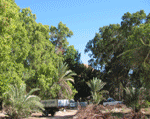 Sawirro Somaliya  |

|
GOVERNANCE
The Scourge and Hope of Somalia A New Book By Ismail Ali Ismail 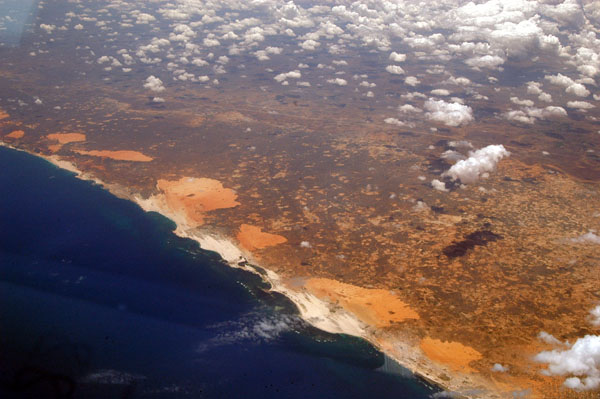 Which Way to the Sea, Please? By Nuraddin Farah Dhulkii Burcad-Badeedda .jpg) Budhcad Badeed Weli Qiil ma Leeyahay? 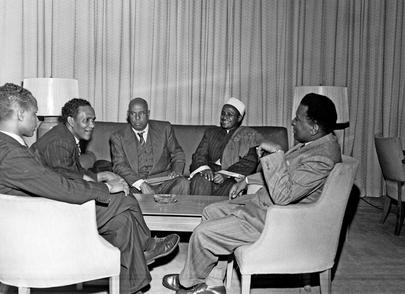 SYL LETTERS By A S Faamo |
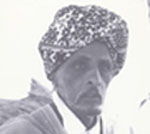 |
 |
© Copyright BiyoKulule Online All rights reserved�
Contact us [email protected] or [email protected] |

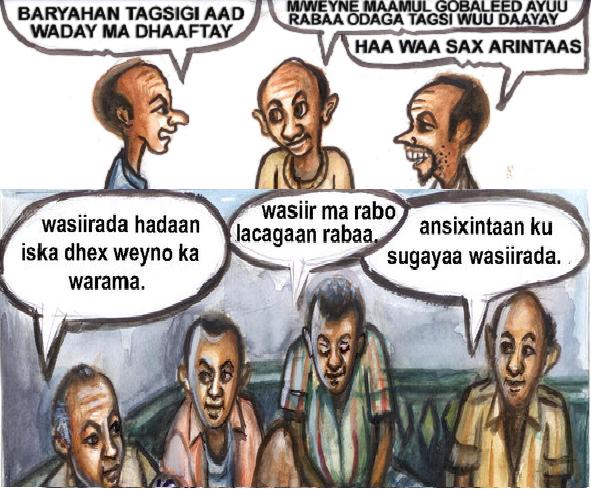
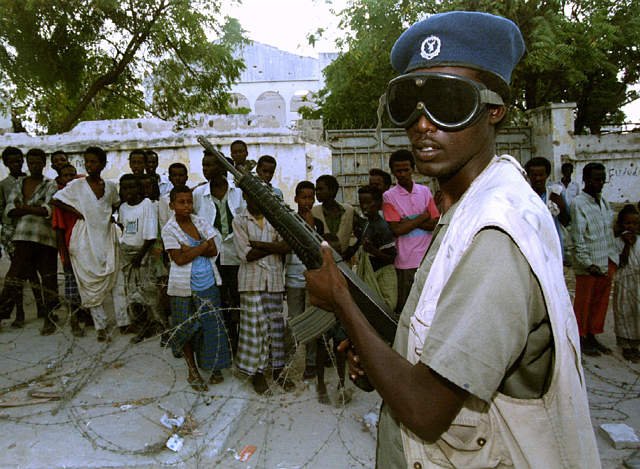


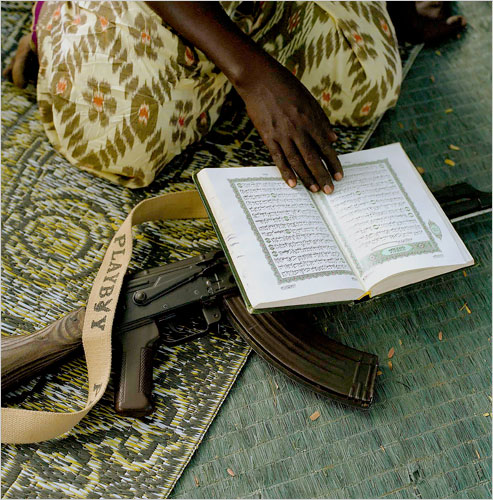

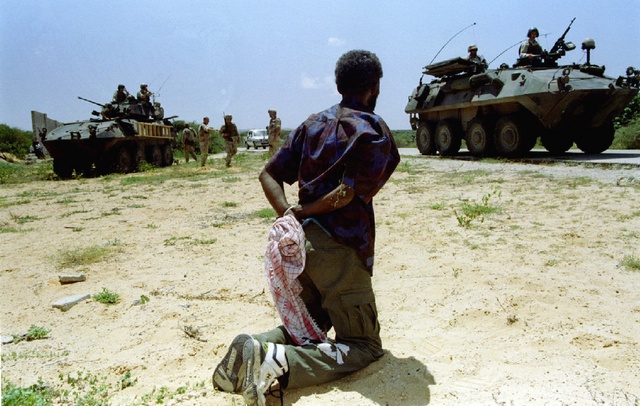
.jpg)




